[dropcap]My[/dropcap] wife and I moved from Canada to Latin America at the end of 2011. While we really appreciate many things about Mexico, Guatemala, Colombia, and Argentina, we ultimately decided to live and work in Cuenca, Ecuador. We are immensely happy with the balance of life that is available here. One of the numerous positive aspects of our move to Latin America has been our growing appreciation for the innovation and dedication shown by many Latin American healthcare professionals.
What we welcome most about healthcare south of the U.S. border is that, in general, it has a keener focus on the needs of the patient/client. In other words, the competing interests of insurance companies, medical dogma, drug manufacturers, or restrictive licensing tends to be trumped by the desire to do what is best for the person who is ill.
Our first experience interacting with healthcare professionals in Ecuador was in Quito. There, we met a family physician who was formally trained as a medical doctor, understood and used herbology and nutrition, and employed tools such as neural therapy. What amazed us most about his client-centered focus was that it was not unusual for him to write out a prescription for various herbs that you could easily pick up from the local market. We asked him when he last prescribed antibiotics. He said it had been 11 years. His practice included a nice downtown office and a low-income clinic in another part of town. His regular hourly rate in 2011 was $25. He charged his poor patients next to nothing.
Like in other Latin American countries we have visited, many healthcare professionals in Ecuador combine Western medicine with more natural forms of healing. We will always remember the first time we saw the sign for a homeopath who was also licensed as a medical doctor and used iridology as one of his diagnostic tools. In contrast, we can recall the days — not too long ago — when MDs in Canada could have their license pulled for recommending chiropractic care. How refreshing it is to see that multi-disciplinary licensing is more the norm than the exception. Many local doctors can review your nutritional needs, recommend cleansing, analyze your blood, and prescribe a drug for short-term use. Yes, you heard that right. Most medications are prescribed for short-term use. Very few Ecuadorians are on medications for longer than a few months.
[color-box color=”green”]
Dr. Francisco Contreras, M.D.
Image: HolisticHealthShow.com
Before leaving Canada we were already very impressed with a number of physicians from Spanish speaking countries in the Americas. Chief amongst these is the late Dr. Ernesto Contreras, Sr. MD, from Mexico. He was a pioneer in “body, mind and spirit medicine,” as he used to call it. He believed the priority for physicians was the most famous principle of the Hippocratic school: “Practice two things in your dealings with disease: either help or do not harm the patient.” He was a pioneer in the integration of natural and conventional physical therapies with spiritual and emotional counseling. Contreras was a tireless researcher who inspired many clinicians around the world with his approach to health. His son, Dr. Francisco Contreras, followed in his footsteps. He is a distinguished oncologist and surgeon who has authored and co-authored books on “integrative therapy,” as well as cancer and heart disease prevention. These include “The Hope of Living Cancer Free,” “The Hope of Living Long and Well,” “Fighting Cancer 20 Different Ways” and “Dismantling Cancer”.[/color-box]
After arriving in Ecuador it did not take us long to see that a popular intervention here, as in all of Latin America, is Biomagnetic Pair Therapy (BMPT). Over 20 years ago Dr. Isaac Goiz Durán, MD of Mexico City invented this therapy. He discerned that certain configurations of magnets on the body changed the pH of fluids and helped eliminate viruses, bacteria, fungi, and parasites. What initially got my attention was research that Dr. Goiz and Dr. Raymon Hilu completed on BMPT. Two hundred and fifty people were treated with magnets; the before and after analysis showed the BMPT could be curative. Dr. Goiz is now training physicians around the world about our “biomagnetic field” and how to use this innovative therapy to create magnetic balance.
Our hometown of Cuenca is the birthplace of one of Ecuador’s most famous doctors, a truly inspiring physician, Dr. Edgar Rodas MD. Rodas was the former Minister of Health for Ecuador as well the Chief Surgeon. He had a long and illustrious career that was dedicated to humanitarian service. He regularly organized surgical missions into remote areas of Ecuador and inspired colleagues and volunteers from around the world to participate. Access to surgery is a major problem in many parts of Ecuador (home to the Amazon rainforest, the Andes, the Galapagos Islands and the Pacific Coast).
[color-box color=”green”]
Dr. Edgar Rodas, M.D.
Image: GlobalSurgery.info
Dr. Rodas had a vision to deliver surgery via a truck converted into a mobile operating room. In 1990 he founded the Cinterandes Foundation, a non-profit organization that promotes health and wellbeing. Its programs include remote surgical work, nutrition, preventive care, mental health, and clean water. He was bestowed with many awards for his work including the Surgical Humanitarian Award. Dr. Rodas passed away recently. His work continues under the leadership of his son. The Cinterandes Foundation has completed over 7,500 operations since its inception. It is a non-governmental organization that is funded by donation only.[/color-box]
There are many professionals all over the world dedicated to the health of their patients/clients. However, healthcare is changing. In many places — even if you want what is best for those you care for – there are more and more restrictions. In North America it has been said that we have “Too Much Medicine, Not Enough Health.” For this and many other reasons we are very happy to live in Latin America. Down here things are different. For the most part, the desire to do what is best for those who need help with their health is still alive and well. There are always exceptions – but it seems clear that the goal of helping people recover from imbalance is, more often than not, accomplished more holistically in Latin America. For us, this is inspiring.
Patrick Coady works with Silvana Spanò at the Cuenca Holistic Wellness Center. Ready to take charge of your health? See www.SouthAmericanHealth.com for more details on their functional approach to wellness.





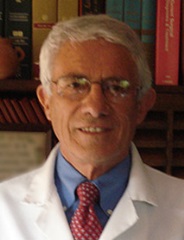


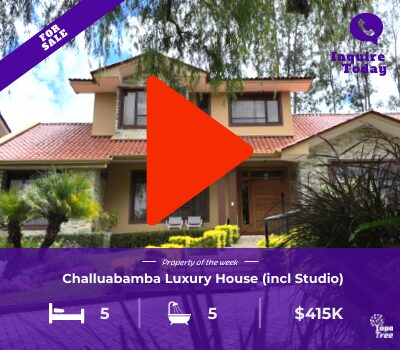

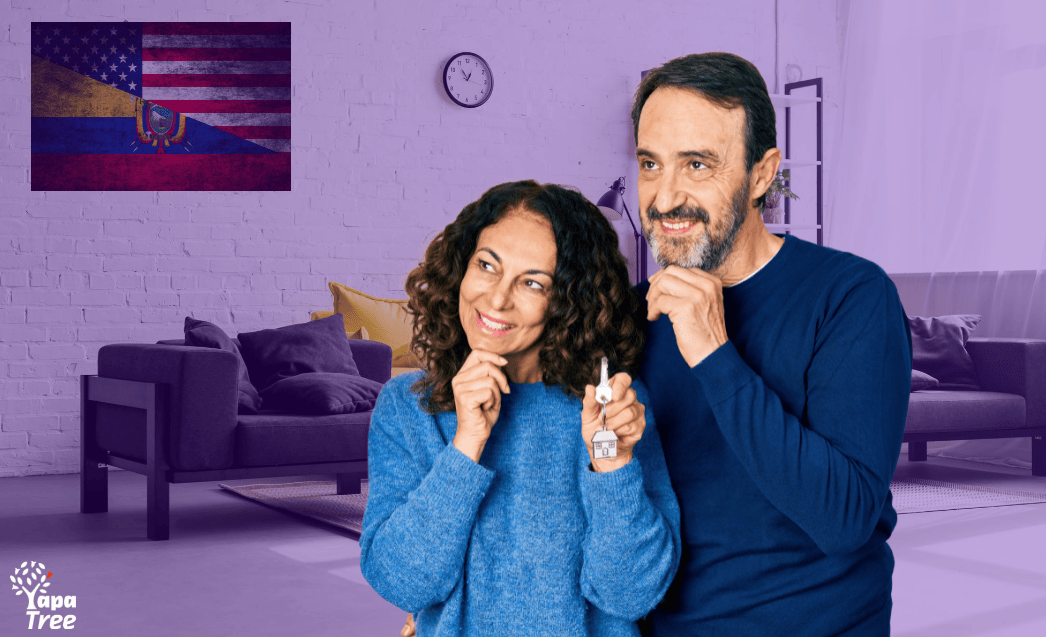

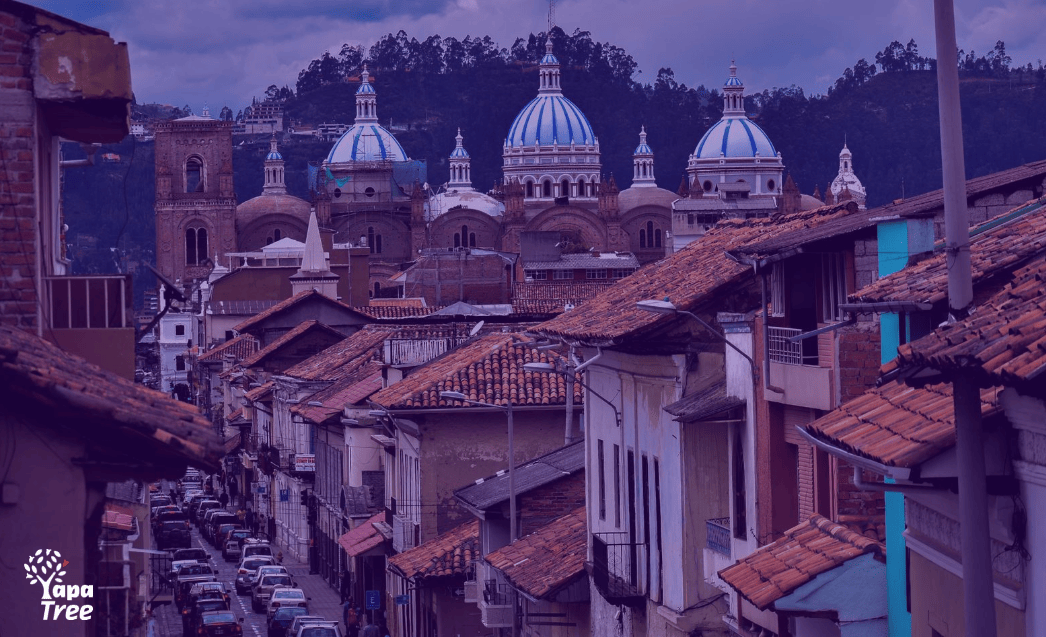
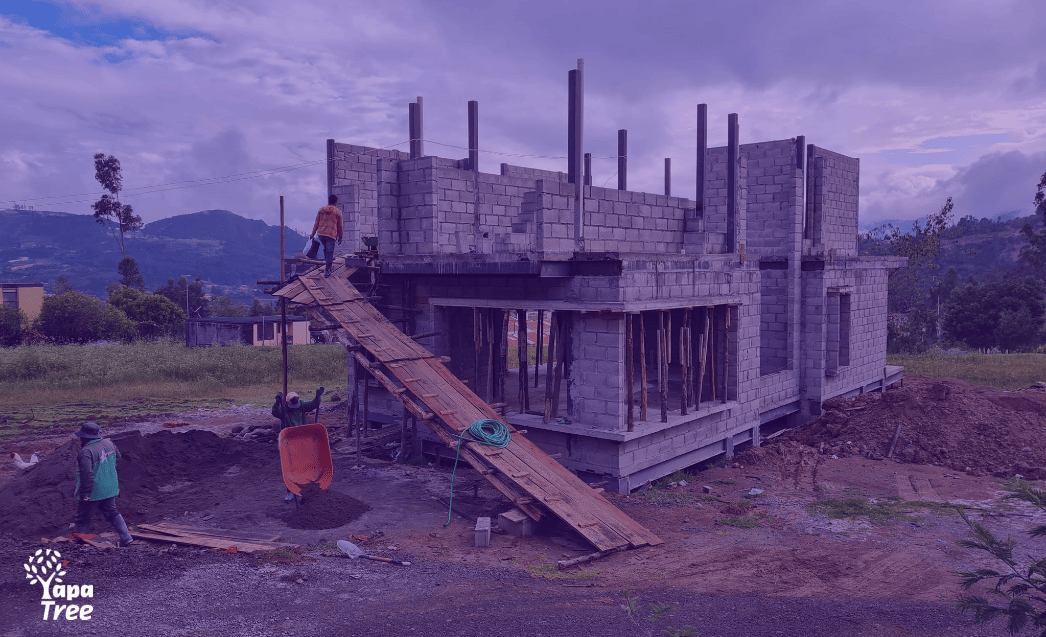
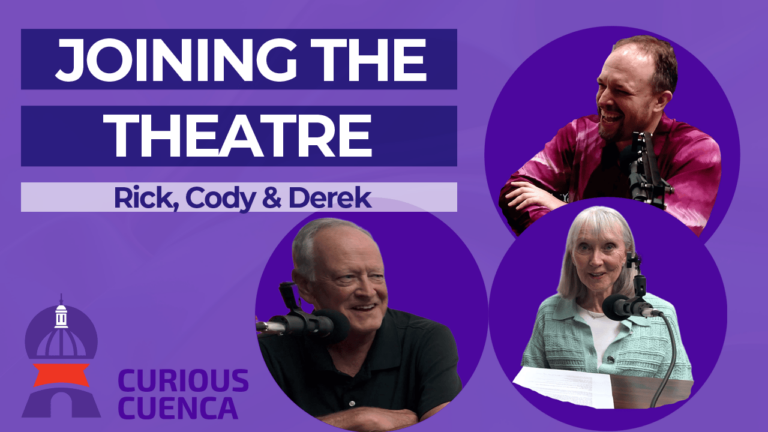
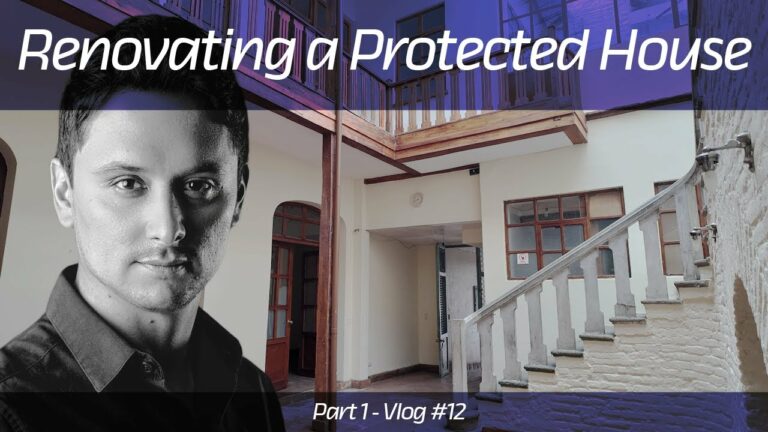
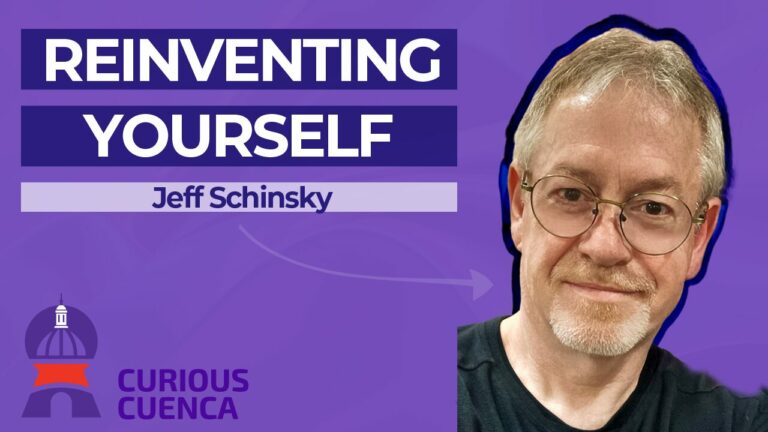
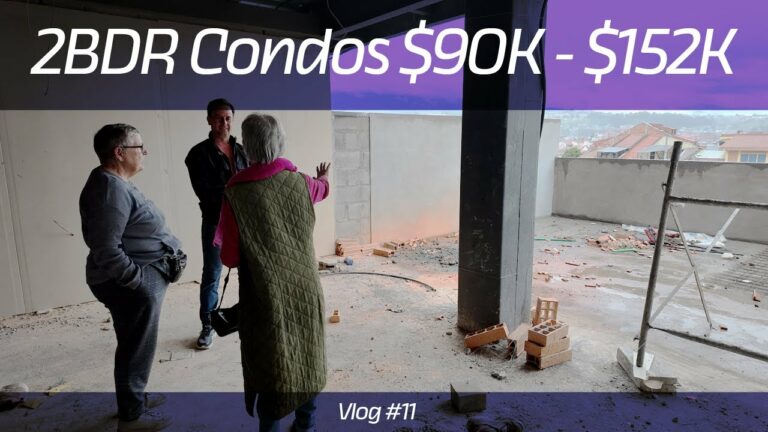
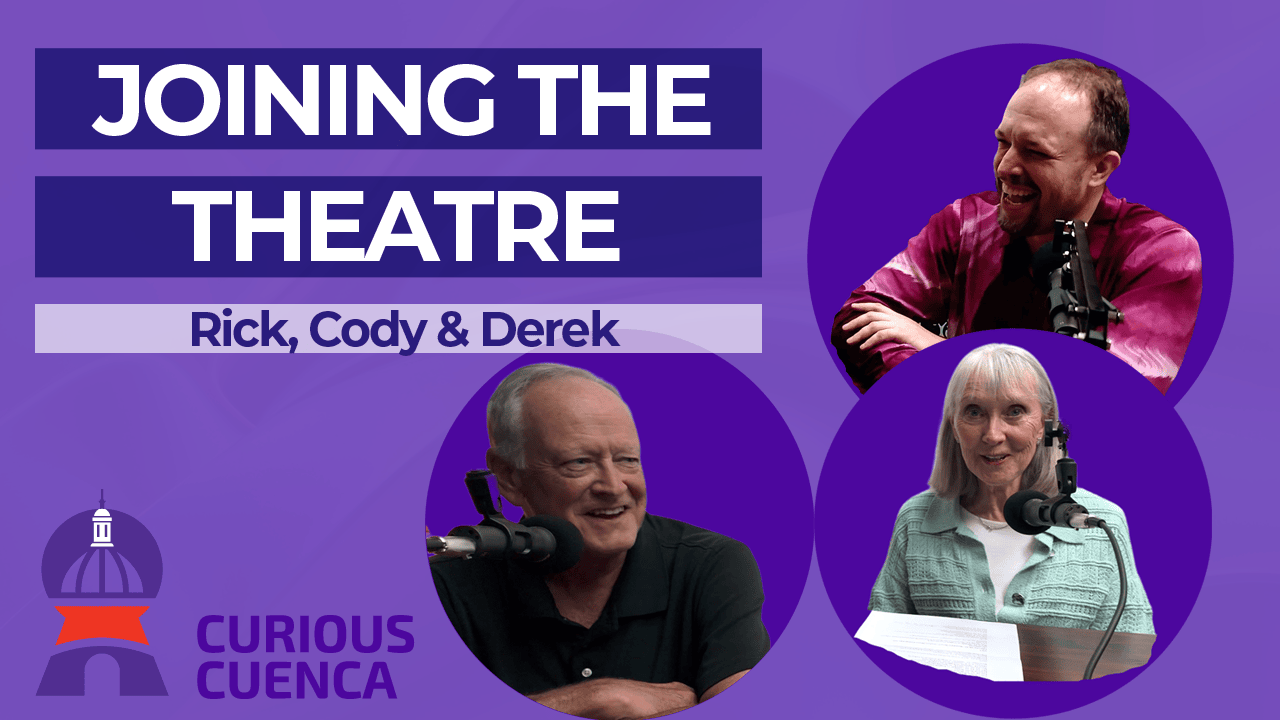
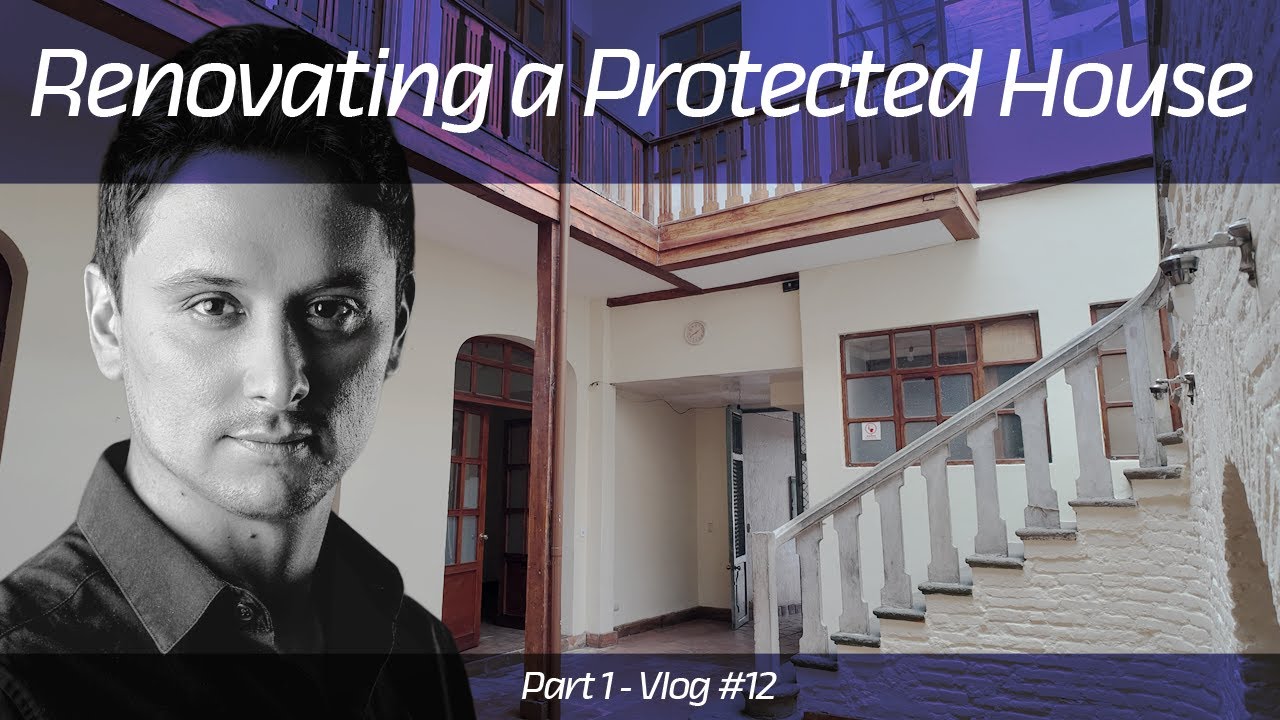
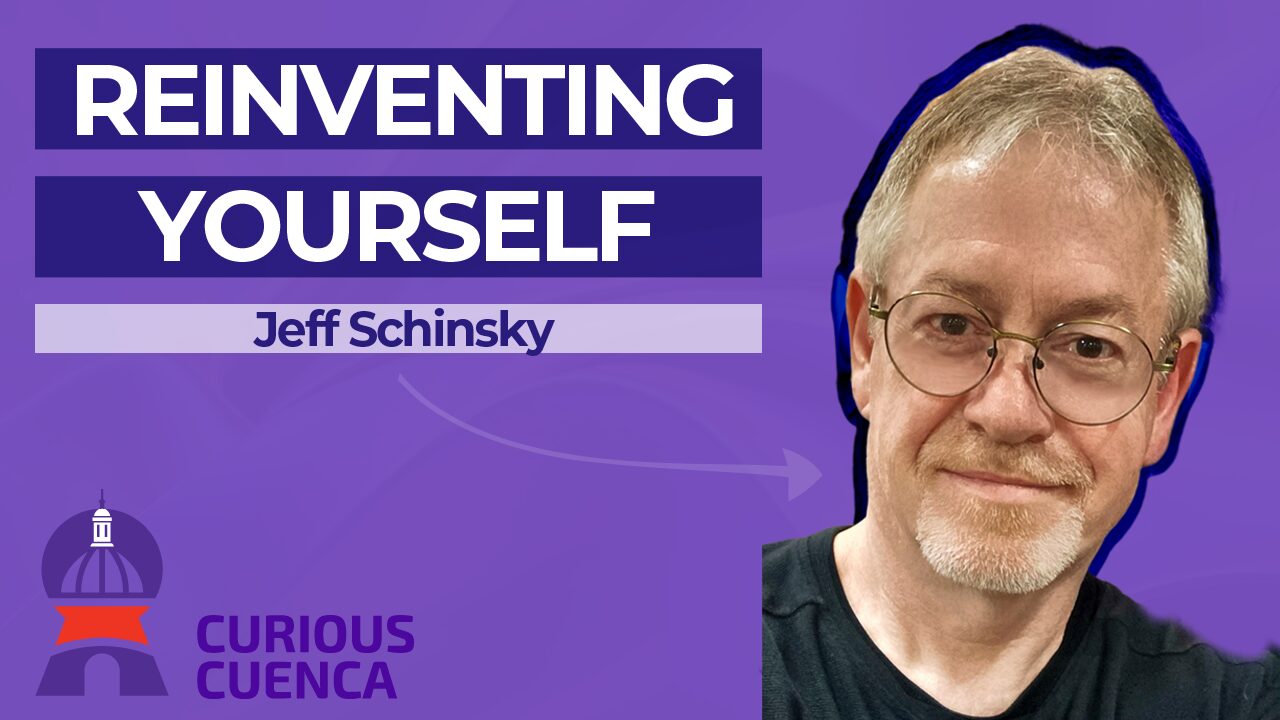
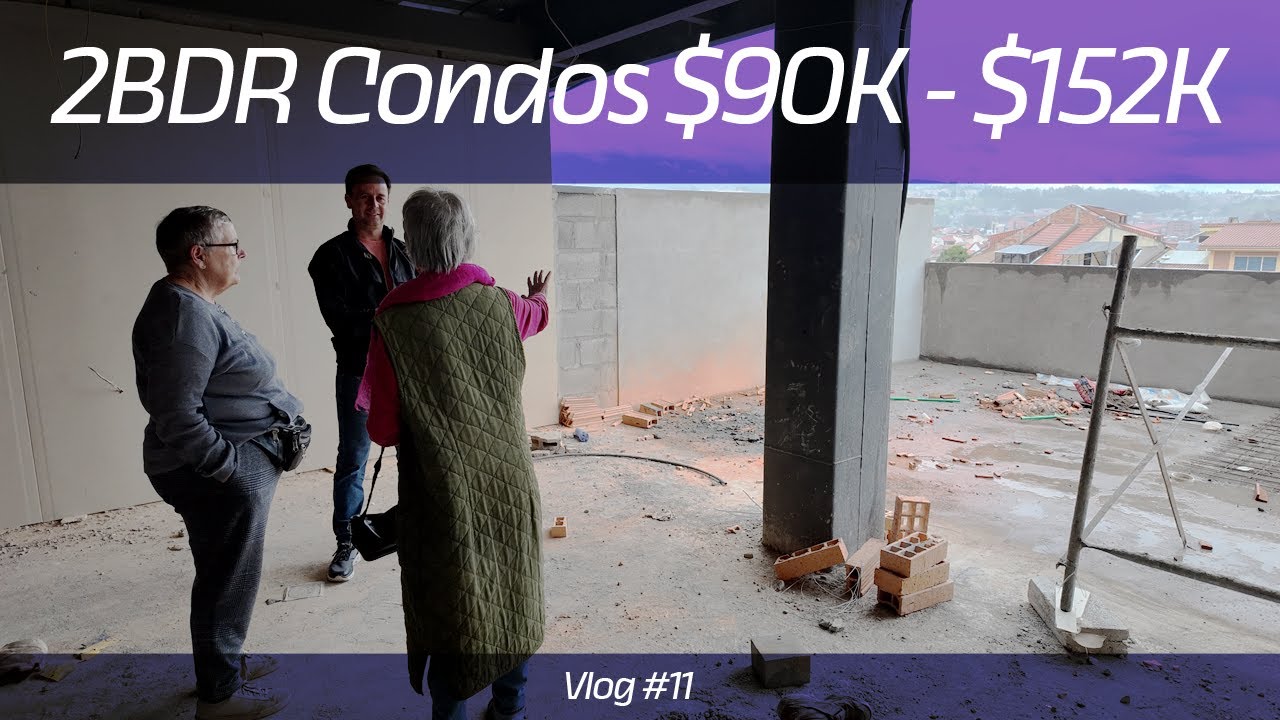
3 Responses
Great Article “Coady”!
Regards, JAMES
Interesting article but I am a bit puzzled. I easily found an osteopath who was also a naturapath in the USA….great on recommending ‘natural remedies…etc. If you want it — it’s there!
Really enjoyed your article. We too are from Canada and can recommend Dr. Jorge Cabrera Vintimilla (Homeopatica-Naturopatica-Ayurvedica) here in Cuenca. Interesting that in order to practice Homeopathy or Naturopathy one also has to be an MD in Ecuador. The cost of a one hour computerized medical evaluation here in Cuenca is a fraction of what an individual would pay in Canada.